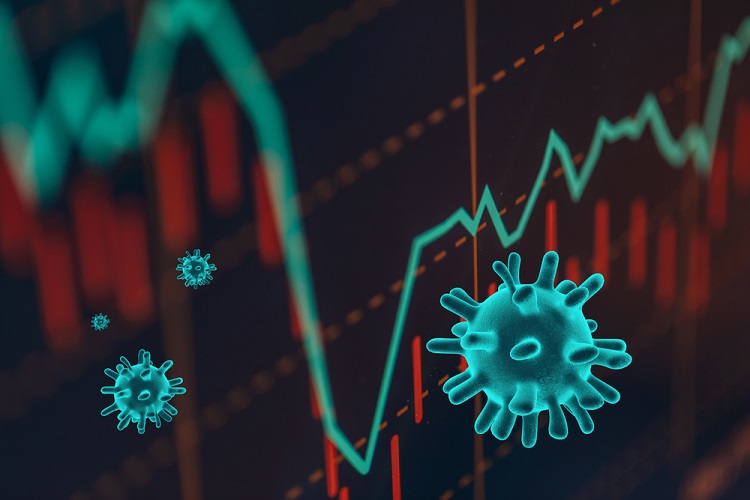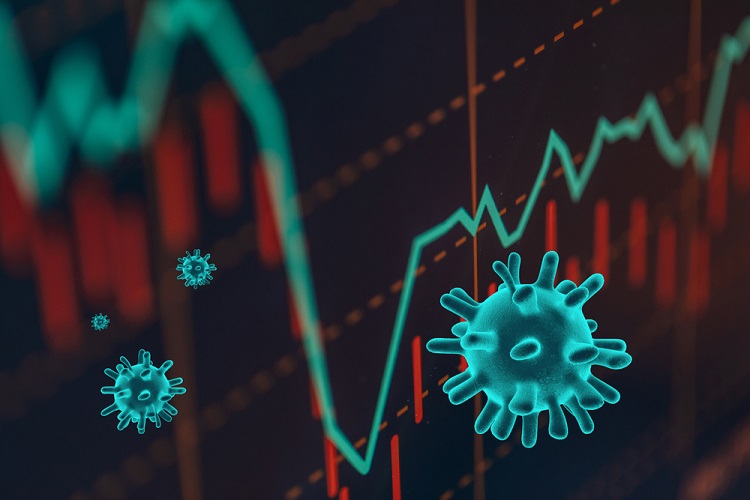What the Markets Need Now
The unanticipated pandemic has rapidly led to a financial pandemic
Fred Taylor //April 7, 2020//


What the Markets Need Now
The unanticipated pandemic has rapidly led to a financial pandemic
Fred Taylor //April 7, 2020//

When I first wrote about the coronavirus and its impact on the markets in early March, I advised revisiting individual asset allocation to ensure that investors had enough bonds/cash to mitigate risk.
Well, three weeks later, the markets are now down almost 30% from the highs in February, and the issues facing investors are far greater than we initially estimated and will take serious action to combat.
The American economy has ground to a halt – something that hasn’t happened since the Great Depression. No one in the financial services business today has ever dealt with such a catastrophic set of circumstances all converging at the exact same time.
This massive unanticipated medical pandemic has rapidly led to a financial pandemic. This is on top of a price/supply war between Russia and Saudi Arabia at the worst possible time when there is no demand for oil. Any one of these issues would have caused a major correction in the markets, but all three at once is an unmitigated disaster.
With many businesses shut down and millions out of work, market volatility is likely to remain high as investors struggle to determine which companies will survive the recession and bear market. Until a vaccine is ready, uncertainty will reign.
So what can be done in the interim to ease investor nerves? Here’s a look at what the markets need now to recover.
Strong coordinated leadership
At the federal level, we need the medical community, the White House, Congress, the Treasury department and the Federal Reserve all working together to address the effects of the pandemic. We also need cooperation between the federal government and local leadership at the state level. This means all states need easy access to medical supplies and federal funds to support their health care workers and hospitals.
The Federal Reserve can do its part by back stopping the economy for as long as it takes for Americans to get back to work. They need to buy fixed income assets that nobody wants, guarantee money market funds/municipal bonds and do whatever it takes fiscally to restore confidence in the stock market.
Economic stimulus
The massive $2 trillion dollar stimulus package passed will provide much needed financial support for unemployed workers, healthcare systems across the country, and large corporations. The bill also boosts unemployment insurance, provides loans for small businesses, delays payroll taxes for employers and suspends federal student loan payments with no accrual of interest on those loans. These measures should stabilize the economy to some degree and fuel investor confidence.
Social distancing
There needs to be more widespread testing and social distancing in order to flatten the curve of the virus spread. From what we have learned from other countries who have been fighting the virus longer than the U.S., social distancing can slow the spread of the virus. Reducing transmission rates, which should help ease the burden on the healthcare system, is the first step in potentially reopening the economy on even a limited basis.
A vaccine
Finally, a vaccine needs to be developed and administered to all 330 million Americans so everyone can travel freely, leave their homes and spend money.
Tragically the headline news will certainly get a lot worse in terms of the number of cases and deaths before it gets any better.
At some point in time, our government will face the highest moral and ethical dilemma of our time. Government leaders will have to decide whether removing the stay at home restrictions is viable and safe enough to allow Americans to venture out again before a vaccine is available.
A decision to do this will obviously put older Americans at great risk, not to mention our hospitals and healthcare workers, and consequently some Americans will die as a result of this.
The markets will recover long before things look better on the health front, but sadly many people will suffer much longer than the markets will.
























